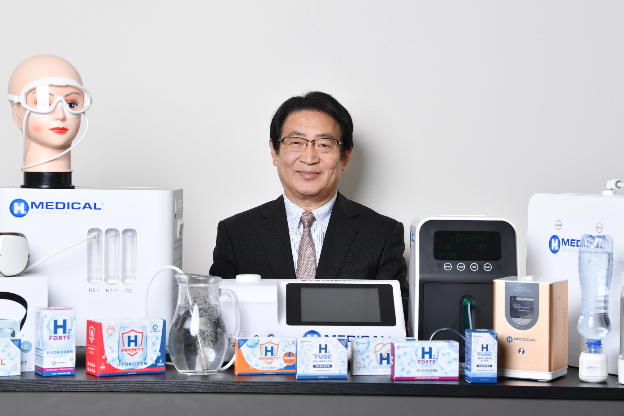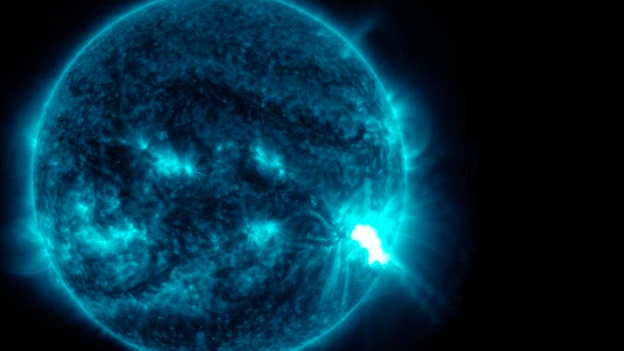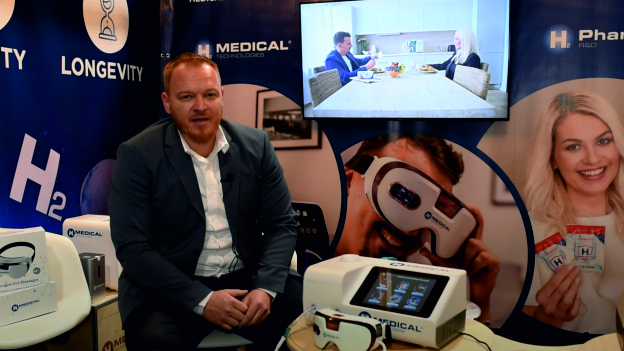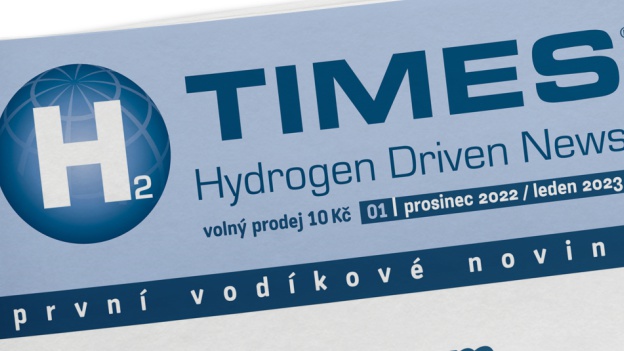Hydrogen gas inhalation therapy is effective in saving life and improving prognosis in patients with cardiac arrest.
Keio University, one of Japan's most prestigious universities, said in a press release in March this year that hydrogen gas inhalation therapy is highly effective in saving lives and improving the prognosis of cardiac arrest patients. In sudden cardiac arrest, such as in heart disease, immediate cardiopulmonary resuscitation (CPR) can restore heartbeat and save lives of the afflicted. In cardiac arrest, the blood does not circulate, and the organs of the whole body, including the brain, suffer great damage. As a result, without medical help, many people die.
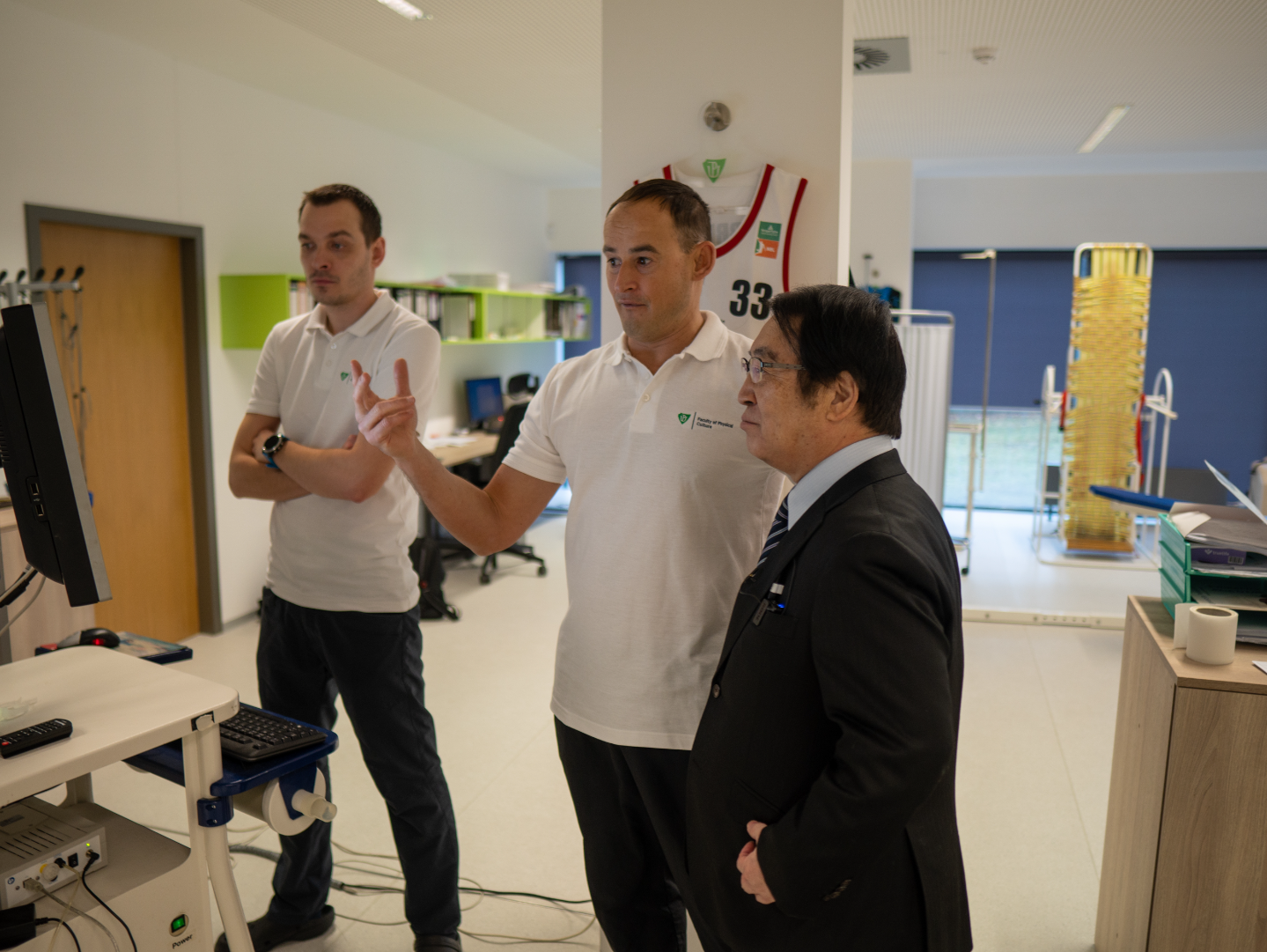
In 2014, a Keio University research group together with Professor Shigeo Ohta et al. reported in animal experiments that inhalation of hydrogen gas after cardiac arrest reduces mortality and brain damage. However, its effectiveness in humans has not yet been demonstrated. Therefore, the researchers decided to conduct a double-blind randomized controlled trial with temperature-controlled therapy and inhalation of 2% hydrogen gas with oxygen in out-of-hospital cardiac arrest patients. Mortality and neurological sequelae were assessed.
The clinical trial was conducted by 15 medical institutions in 73 patients with cardiopulmonary arrest. Surprisingly, the 90-day survival rate increased from 61% with conventional treatment to 85% with hydrogen therapy, and the number of deaths decreased from 13 to 6. It was also statistically confirmed that the percentage of people who recovered without sequelae increased from 21% to 46%. Hydrogen is considered harmless to the human body and no hydrogen-induced side effects were observed in this clinical trial. Thus, in practical use, it is expected that many patients will be saved after cardiac arrest with the help of hydrogen gas inhalation therapy.
